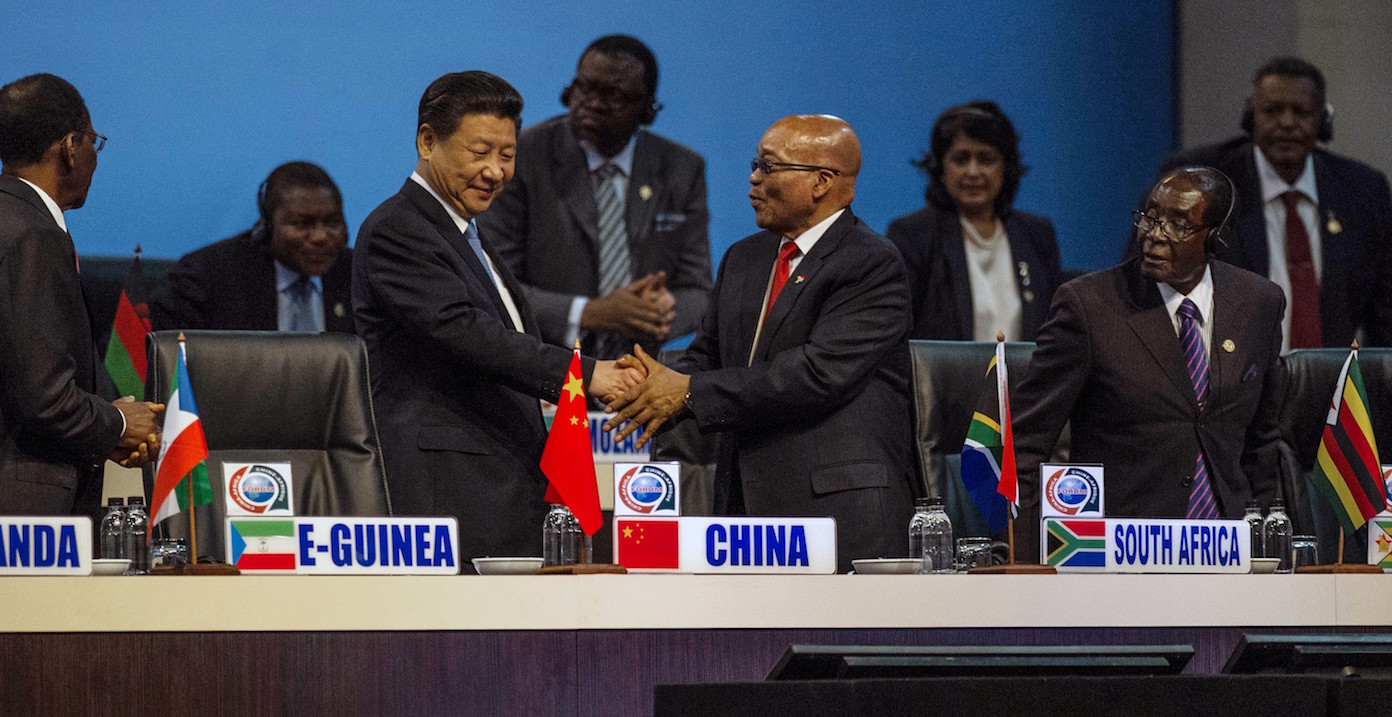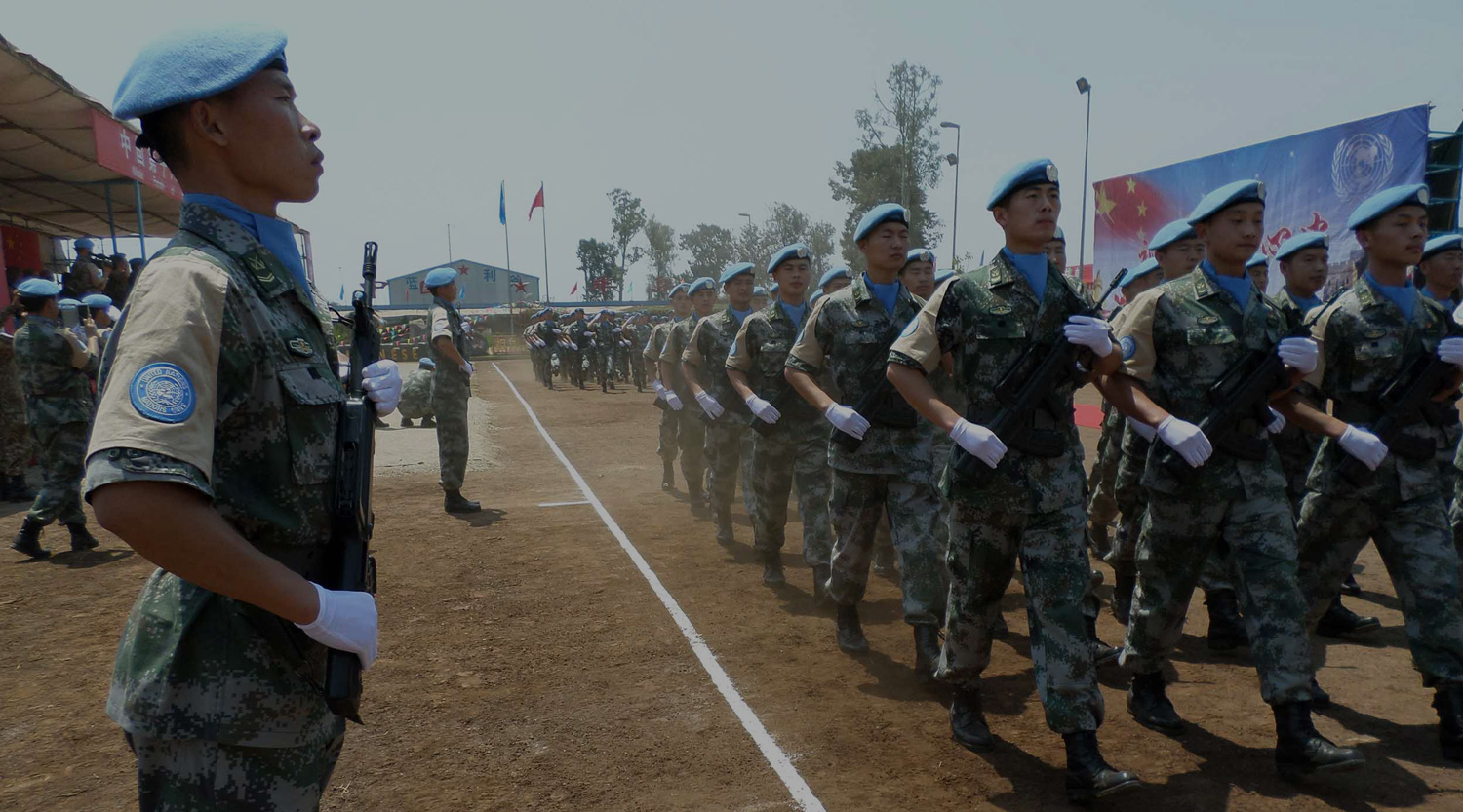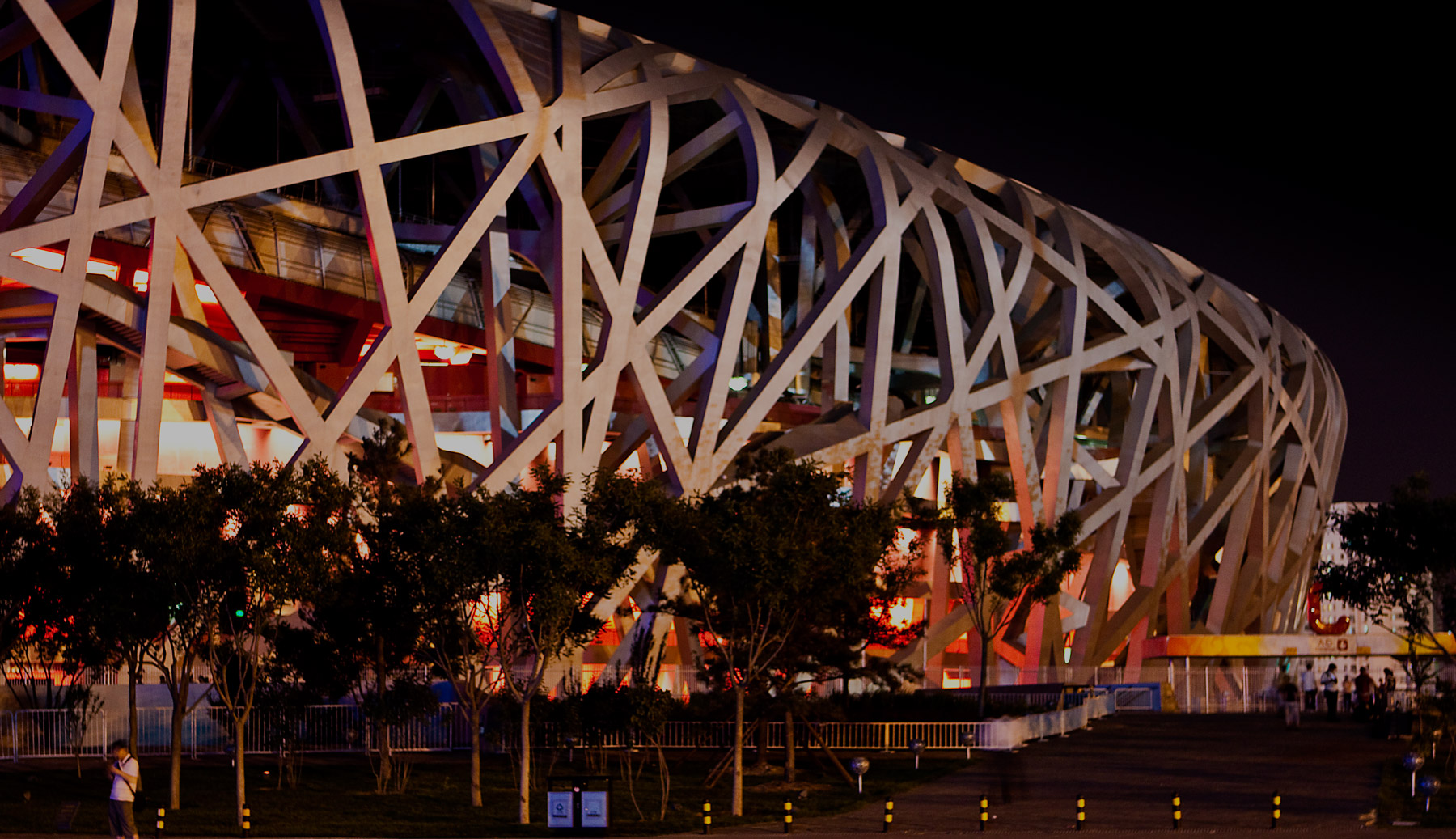Countries with high levels of prestige can attract other states to support their foreign policy goals. In order to analyze China’s changing position in the world, it is necessary to assess the source of China’s international prestige and influence.
International Image
Power is traditionally discussed in terms of affecting outcomes within the international system through either threats or coercion. Equally important is how countries leverage their international image to persuade others to support their interests. International image is thus a critical source of state power, a conduit through which countries with high levels of prestige can convert resources into policy outcomes. Explore our featured content below to assess the sources of China’s international prestige and influence.
Is China Contributing to the United Nations’ Mission?
In recent years, China’s support for the UN has grown considerably. Its increasing financial and personnel contributions offer China a low-cost means of demonstrating its commitment to global stability while alleviating concerns over its growing military and economic power.
Is China’s Soft Power Strategy Working?
Countries that can successfully leverage their national power are able to affect the behavior of other political actors. Toward this end, the Chinese government has developed top-down strategies designed to enhance its soft power.
How Are Global Views on China Trending?
Public opinion toward China can influence a country’s foreign policy orientation. Polling data is an important means of understanding these perceptions and tracing their long-term influence on international politics.
Is China Attracting Foreign Visitors?
Inbound and outbound tourism trends shed light on China’s global appeal and how the Chinese government cultivates its soft power. Tourism has been used by China as a political tool to further its interests and expand its influence.






